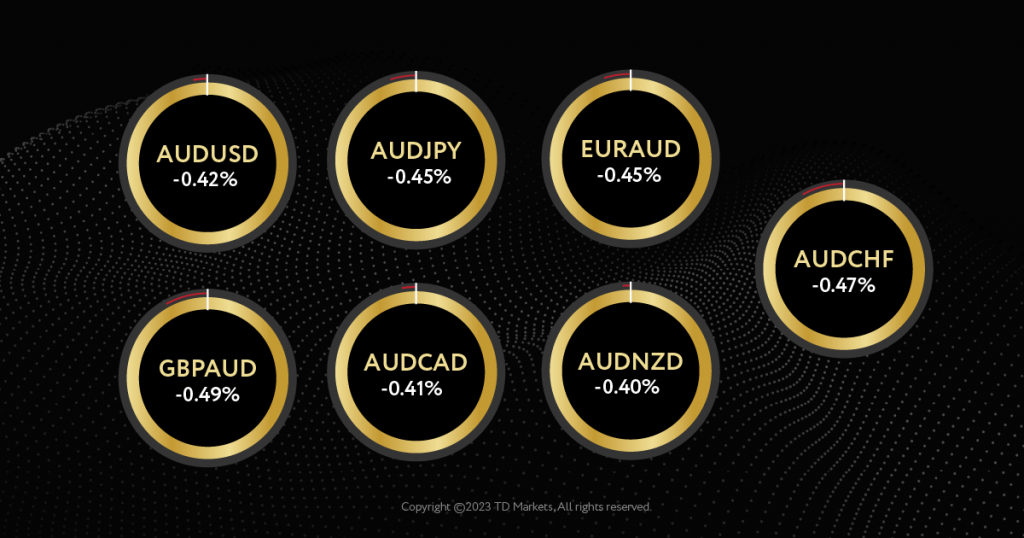On March 8th, 2023, the Reserve Bank of Australia (RBA) announced an increase in the official cash rate by 25 basis points, to 3.5%. This decision marks the first time in over four years that the RBA has increased interest rates, since the last increase occurred in November 2018.
The RBA's decision to raise rates comes amid a strengthening economy and rising inflationary pressures. The Australian economy has been growing at a steady pace, supported by strong global demand for commodities and a robust domestic labour market.
The Background of Rates Increment
The unemployment rate has fallen to its lowest level in a decade, while wage growth has been gradually picking up. At the same time, inflation has been gradually rising, with headline CPI inflation reaching 2.5% in the December quarter of 2022, above the RBA's target range of 2-3%.
This decision to raise rates is aimed at containing inflationary pressures and ensuring that the economy continues to grow sustainably. The RBA expects that the increase in interest rates will help moderate the growth of household debt, which has been growing faster than income and reduce the risk of financial instability in the longer term.
As a consequence, this is expected to have a significant impact on the housing market. Higher interest rates will increase the cost of borrowing for homebuyers, which could lead to a slowdown in the demand for housing and a moderation in house price growth.
However, the RBA has indicated that it is not seeking to engineer a housing market correction, but rather to ensure that the market remains stable and sustainable. The RBA's decision to raise rates is likely to have broader implications for the Australian economy.
A higher interest rate will lead to a stronger Australian dollar, which could make exports less competitive and reduce the competitiveness of domestic industries.
Read More: What Is Non-Farm Payrolls (NFP)?
The Reserve Banks Decision
The Reserve Bank has indicated that it is not seeking to target a particular exchange rate, but rather to ensure that the economy remains on a sustainable path. Overall, the decision to raise rates by 25 basis points is a significant development for the Australian economy.
While the increase in rates is likely to have implications for households, businesses, and the broader economy, the RBA's decision is to ensure that the economy continues to grow in a sustainable and stable manner. The RBA has indicated that it will continue to monitor economic conditions closely and adjust policy as necessary to achieve its objectives of price stability and full employment.
This Weakened The Aussie Against Major Currencies

Final Thoughts on RBA Rate Statement
The RBA (Reserve Bank of Australia) met on Tuesday, 7th of March to announce an increase in the cash rate, 4 weeks after the last meeting on the 7th of February. An increase of 25bps was announced which took interest rates to 3.6% from 3.35%, in line with market expectations.
This is the 5th time the RBA has hiked the rate by 25bps since the September meeting and the 10th rate hike since May 2022. The rate hike is due to a couple of factors in the economy, primarily the inflation rate which has peaked in Australia as indicated by the monthly CPI. The next meeting will be on the 4th of April. Interested in staying in the loop with global affairs relating to reserve banks? Follow our blog today and stay alert
